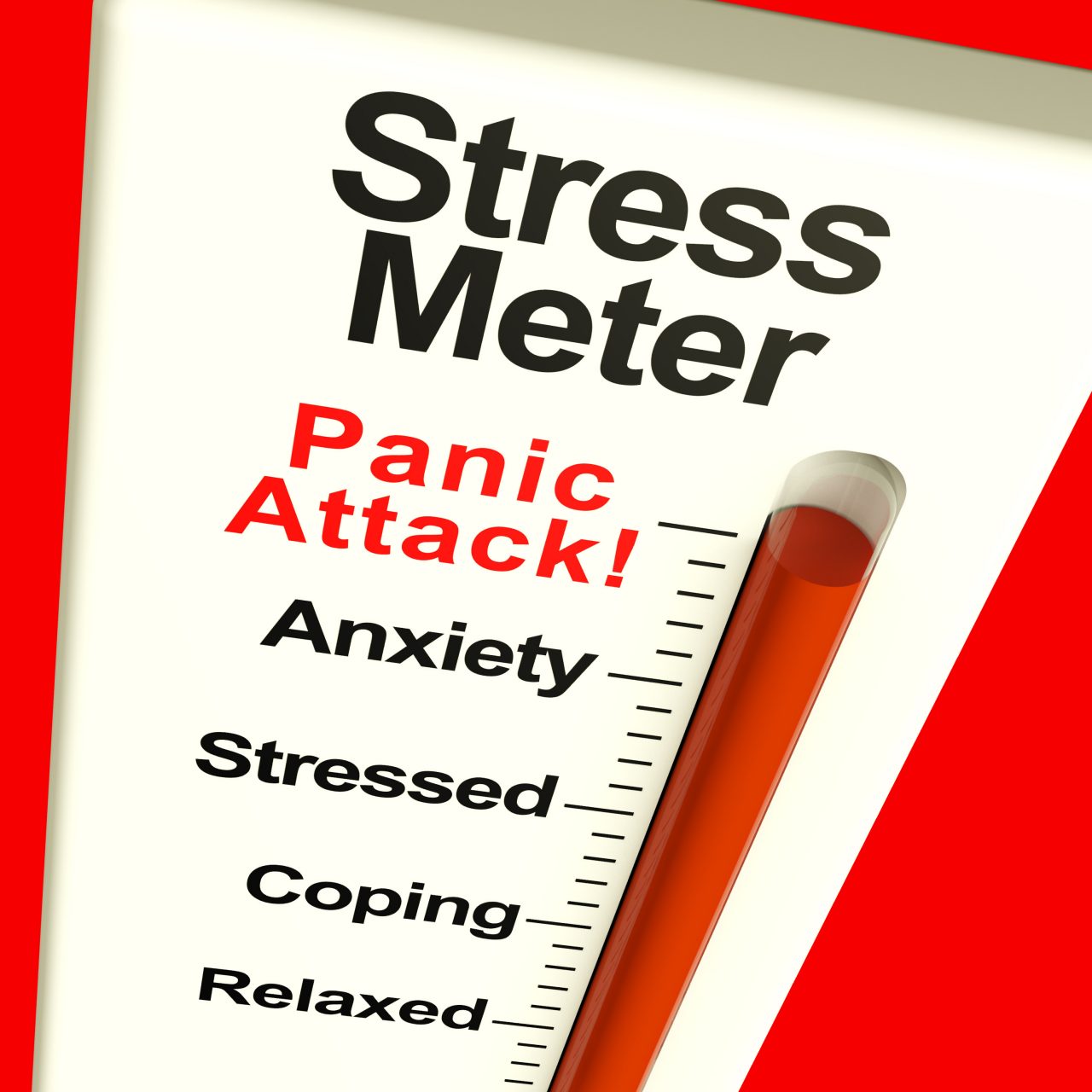LISTEN or WATCH NOW!
Did you know that stress can affect your body and how it functions? This is the third part of learning how stress affects our body and how we should respond to stress. We continue to look deeper into how stress affects different parts of your body and what emotional symptoms you can have due to chronic stress. Many people are living in a state of chronic stress, but God has called you to live a peaceful and abundant life!
Stress affects your breathing! Your breathing becomes shallow as your body is slowly suffocating from stress! You can live 30 days without food, but you can’t live past seven minutes without air. As Web MD states, as you are stressed your breathing changes from slow, relaxed breaths to fast shallow chest breathing, and it can put stress on your lungs and lead to hyperventilation. Panic attacks can come with shallow breaths. This is why we tell people to calm down and take a deep breath when they are panicking. Your body needs oxygen, so it is important to pay attention to your breathing and that you are giving your brain and bloodstream what it needs to function correctly. It is easy to get so intent on what you are working on that you hold your breath. Remind yourself to breathe through it! Breathing correctly can reduce your blood pressure and take you from being on edge to a place of peace.
Stress also affects your perspiration as under stress, you can sweat more because you put more demands on your body. It also effects your muscles. Reportedly after the age of 30, you lose five pounds of muscle a year! Stress makes that even worse as stress puts extra strain on our muscles as it pumps extra blood to our muscles. One thing that can make muscle tension worse is what you put in your body like caffeine! Limit your caffeine or switch to decaffeinated drinks to help lessen tension.
Stress will affect your blood sugar and an anti-aging growth hormone. If you stay in a chronic state of stress, it will make you age quicker! When you walk with God, and you live a peaceful life, you don’t age as quickly. God did not call us to live under a constant state of stress in a “fight or flight” mode.
Living under stress will cause stress hormones to be released like cortisol. Web MD states that your body pumps out a flood of stress hormones including adrenaline, nor-adrenaline that alerts your body that it is in danger. These hormones increase anxiety and fear, which makes your thoughts race. It raises your heart rate, causes you to sweat, and slows your digestion. Cortisol is a primary stress hormone that increases sugar in your bloodstream. It can cause the accumulation of fat around your belly and slow digestion. It will affect your reproductive, immune systems, plus your growth and anti-aging processes.
How can you respond to stress? The enemy always wants to mess with our mood, and then if we respond to the stress, our mouths can be used to say things that can hurt others. We must implement ways to deal with our stress correctly.
In the book The Miracle of Fasting, Patricia and Paul Bragg write of the importance of deep breathing. Paul says that oxygen is an invisible food, and it is the only food that we can’t be deprived of for more than seven minutes, or we will die. He explains that when we breathe oxygen is carried by the blood to the lungs where a miracle happens. Life-giving oxygen is exchanged for carbon dioxide as many deadly toxins are released from your body. When we are not breathing deeply, we are not making that exchange! Americans are short breathers. Reportedly breathing correctly can help you to live longer too! A great way to practice deep breathing is what is called the four, seven, eight method. You would inhale for four seconds, hold your breath for seven seconds, and then exhale for eight seconds. It can put you in a relaxed, focused state to face challenges, and you can also do it before bed.
Live Strong shares deep breathing benefits. “Deep breathing offers numerous health benefits, from stress reduction to a slower heartbeat and reduced blood pressure. It also promotes core muscle stability and helps you better tolerate intense exercise. It may even help lessen the symptoms of post-traumatic stress disorder. Additionally, deep breathing is particularly helpful for managing stress. Stressful thoughts may cause the “fight or flight” response, also known as the stress response, as a reaction to a perceived danger. With the stress response, the body’s sympathetic nervous system alerts nerve pathways to trigger the adrenal glands, which then release adrenaline into the bloodstream. This adrenaline burst increases your blood pressure and pulse rate and may cause you to breathe short, shallow breaths from your chest.”
When you breathe correctly, it is literally changing your blood! Do you have techniques on how to relieve stress? What did you think about this three-part series on stress? We want to hear from you! Write to us in the VFNKB Community HERE or at [email protected]. Greg and John shared in this segment.
Image courtesy of Storyblocks.com
RELATED CONTENT
Stress Symptoms
Effects of Stress on Your Body
iAbide.org
Emmaus Road Discipleship
VFN Kingdom Business
Subscribe to our YouTube Channel
Join the VFNKB Community
Follow us on Twitter
Partner with VFNKB




